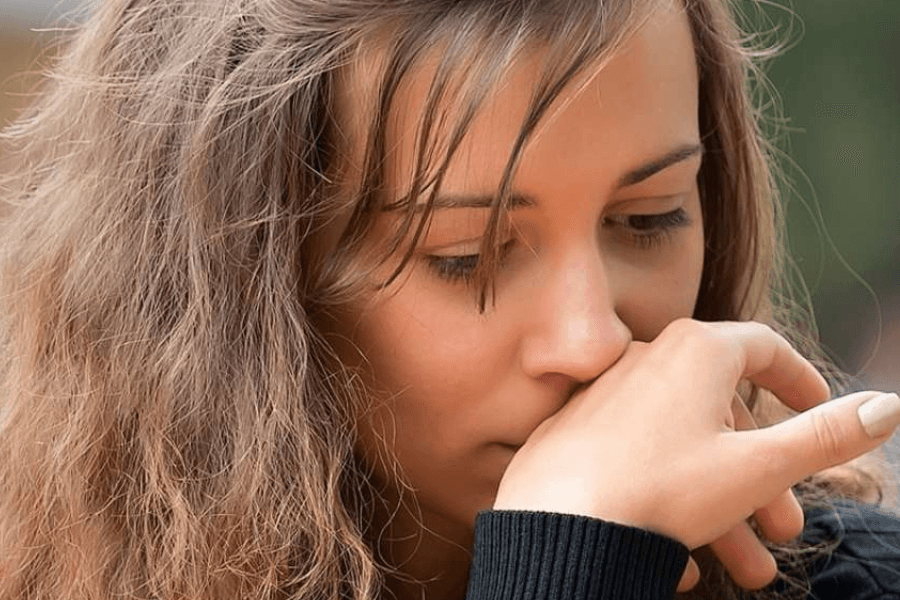Sleep Medicine Abuse


Sleep medicines such as Lunesta, Ambien and Sonata are prescription drugs designed to help people with severe insomnia. They belong to a class of drugs called sedative hypnotics, commonly known as Z-drugs.
The Centers for Disease Control and Prevention reports that about 4 percent of American adults take these drugs by prescription, but that number is rising.
These medicines can be helpful for people with sleeping disorders, but they are habit-forming and are often abused. Teens and young adults sometimes take sleep medicines without a prescription, or in an amount other than what was prescribed.
Although there are some beneficial effects of sleeping pills when used appropriately, there are major risks involved in abuse. These drugs can cause severe drowsiness, brain damage, breathing problems, coma and even death.
The most common brands of sleeping medicines are Ambien, Lunesta and Sonata. Common street names include: zombie pills, zombies, sleepeasies, sleepers, tic-tacs, A-minus, downers and tranks.
Because sleep medicines make people feel calm, relaxed and euphoric, some people take them recreationally. Others abuse them because they’ve become dependent.
These people usually begin by taking them to sleep, but as they take the drugs repeatedly, their bodies develop tolerance and begin to require higher or more frequent doses to feel the effects. Eventually, these users find that they can’t stop, even if they want to.
Sleep medicines cause the brain to release a chemical that slows down the central nervous system, inducing relaxation and drowsiness.
But even when they’re used for sleep, their effects can linger the next day, causing users to drive, operate machinery and do other work-related activities while drowsy.
They’re known to cause sleepwalking, amnesia and problems with balance. A recent study has also linked sleeping pills to cancer. Other risks include:
The most common way of abusing sleeping pills is simply by taking them in an amount or method other than that directed by a physician.
Some people mix them with alcohol or other drugs; some crush the pills and snort them to heighten the effects. All of these methods are extremely dangerous.
If you’re concerned that your child is abusing sleeping pills, here are some warning signs to keep an eye out for:
If your teen is abusing sleep medicines, it’s important that they receive professional treatment. If they’ve formed a tolerance or addiction, the physical effects of withdrawal can include insomnia, depression, anxiety and seizures, so it’s important for medical and psychological professionals to help them through their recovery period.
To learn more about how Sandstone Care can help you, contact us today at (888) 850-1890.


We understand taking the first step is difficult. There is no shame or guilt in asking for help or more information. We are here to support you in any way we can.